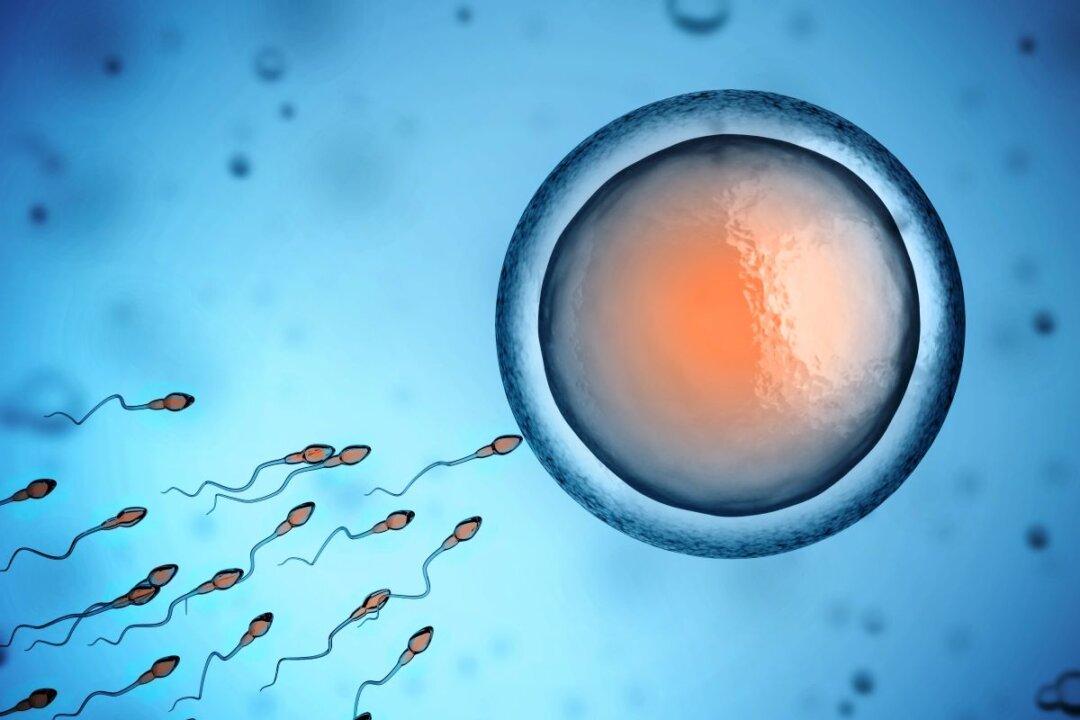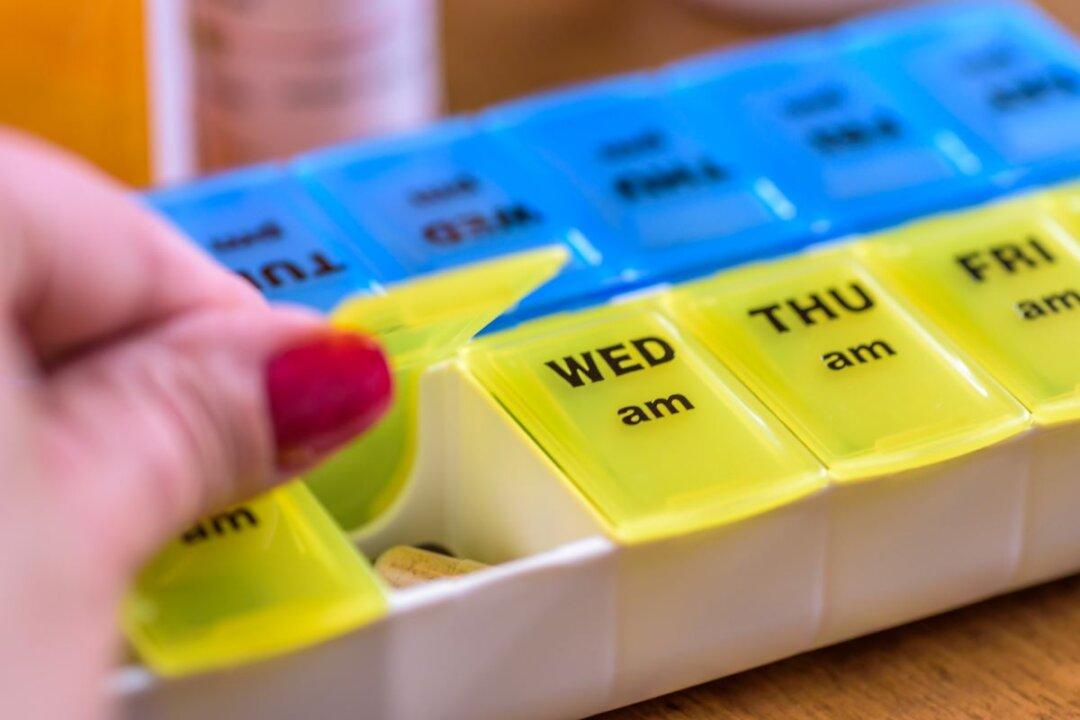South Australian (SA) Labor Leader Peter Malinauskas has promised to implement a new autism strategy for public schools and pre-schools if he is elected Premier in Saturday’s state election.
The dedicated strategy for children on the autism spectrum will focus on specialist teachers and early intervention.





